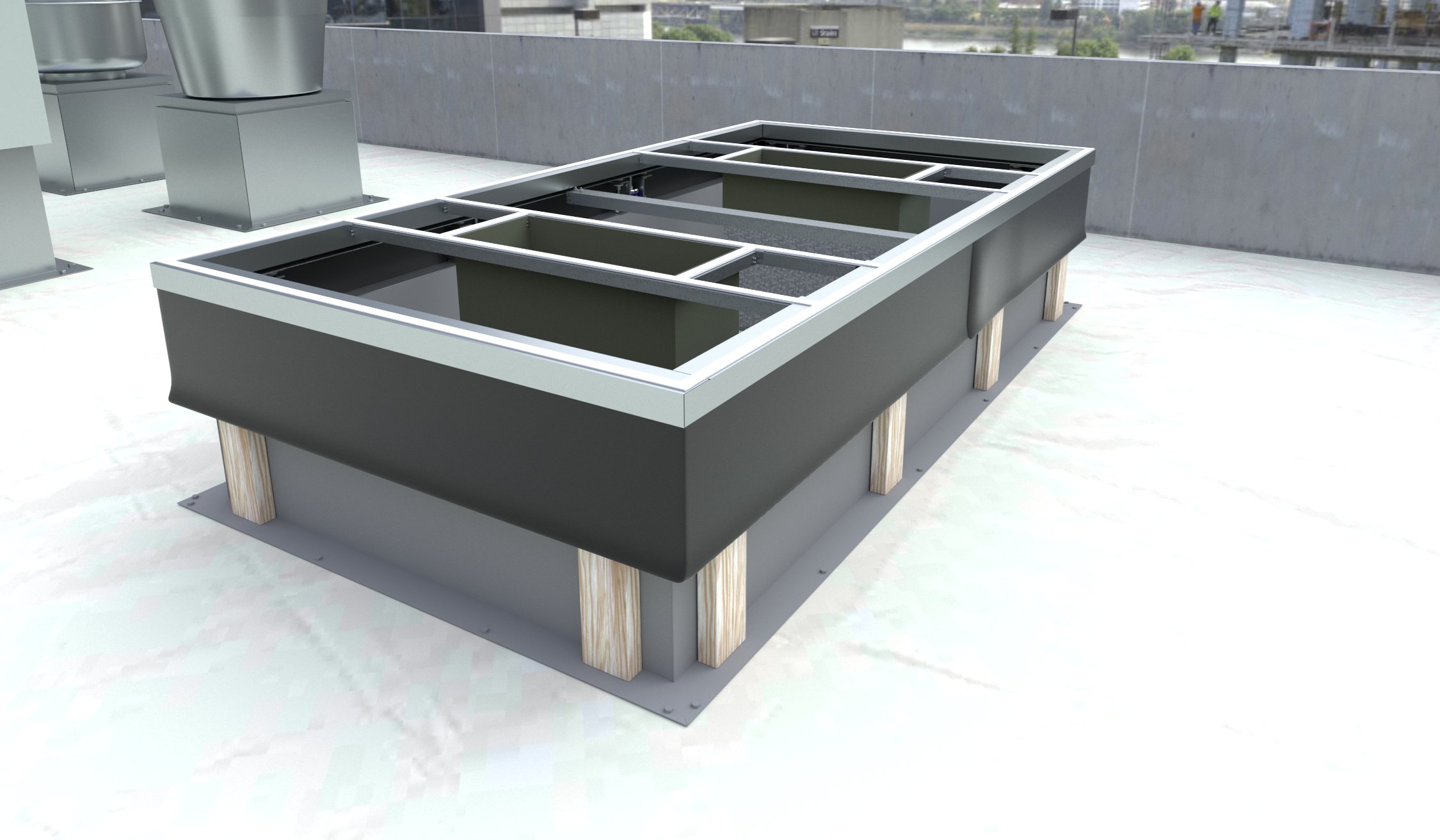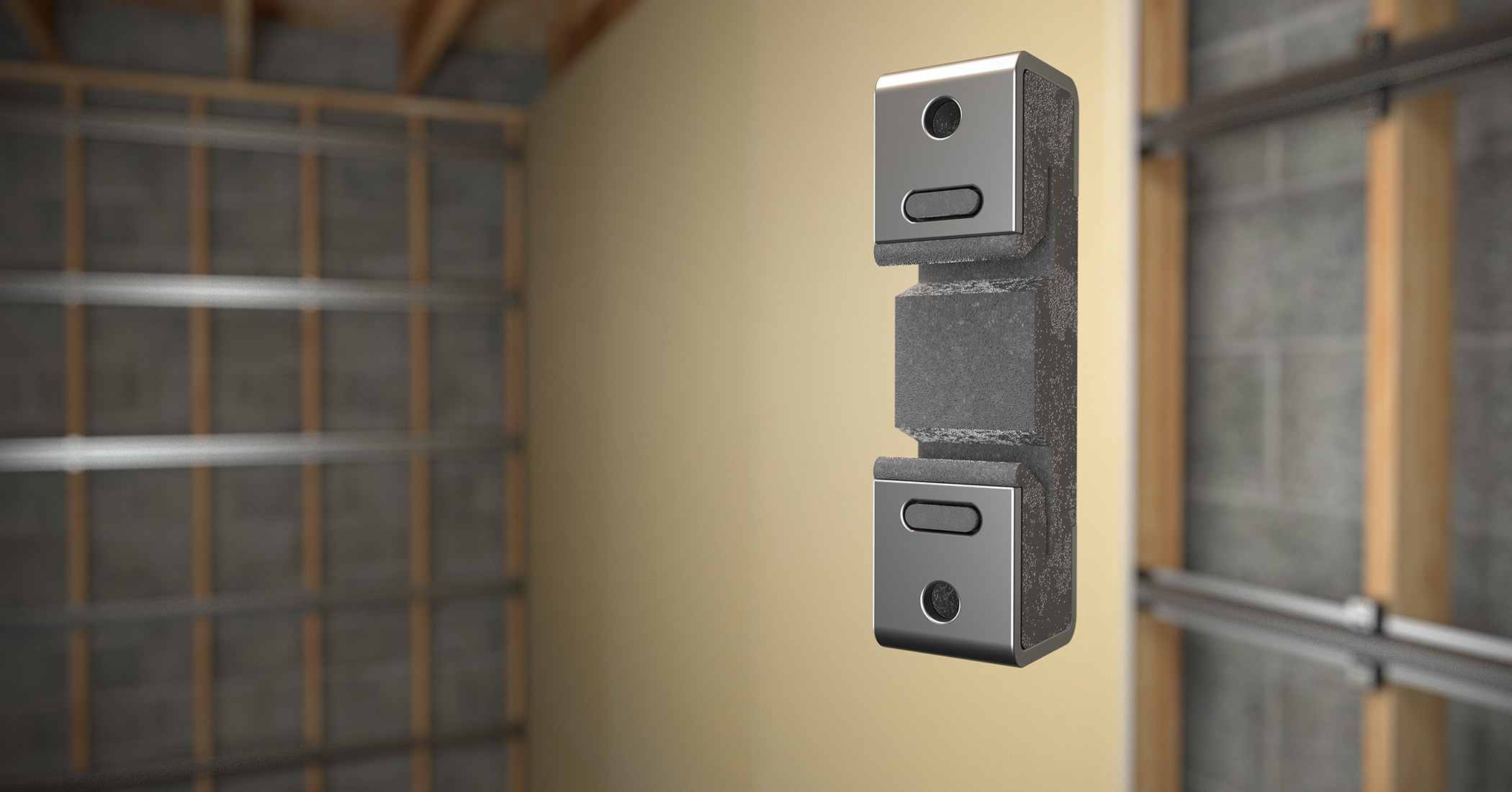Ten design and construction contract provisions to negotiate (part two)

 LAW
LAW
Courtney Moates Paulk and R. Webb Moore
In the authors’ previous article, five design and construction contract provisions were explored:
- indemnification;
- insurance and waiver of subrogation;
- ownership and reuse of documents;
- warranty and correction of work; and
- termination of contract.
These all hold potentially profound economic consequences if not carefully considered and negotiated. In this second article, the authors evaluate another five provisions that may be worth negotiating.
6. Liquidated damages
Liquidated damages are amounts of money, usually measured in a specific number of dollars a day, that one party in a contract owes to the other in the event the contract is breached. In a construction setting, liquidated damages provisions most often apply to damages that an owner might suffer if the contractor does not finish the project on schedule.
For example, the contract might specify that, if the project is not substantially complete by the scheduled date of substantial completion, the contractor will owe the owner $1000 for each day the project is late.
Importantly, liquidated damages are a substitute for, and not in addition to, actual damages. So, if a shopping center project is not completed on time, the owner might suffer damages in the form of lost rental income. If the owner’s contract with the contractor provides for liquidated damages in lieu of actual damages, the owner’s recovery will be limited to the specified amount of liquidated damages, which may be more than, or less than, the actual lost rent and other actual damages. Liquidated damages will not be appropriate for every situation, so it is important to consult a legal advisor regarding enforceability and reasonableness of specific liquidated damages clauses.
7. Venue and choice of law
Sometimes design and construction contracts specify the location of lawsuits or arbitration proceedings that will resolve disputes (one way or the other) arising under the contract. “Venue” is the geographic location of a lawsuit or arbitration while “choice of law” refers to the jurisdiction whose law will decide the outcome of the dispute (i.e. state or federal law [and, if state law, which state]). Sometimes owners will specify a venue and choice of law convenient for the owner, but not necessarily for the design professional or contractor.
For instance, if designing and/or building a project in Florida for an Ohio corporation, if the contract specifies Ohio law will apply to decide disputes in an Ohio courtroom, it is important to consider the potential consequences and push back on this. The place where the project is located seems like a reasonable compromise for venue and choice of law questions.





